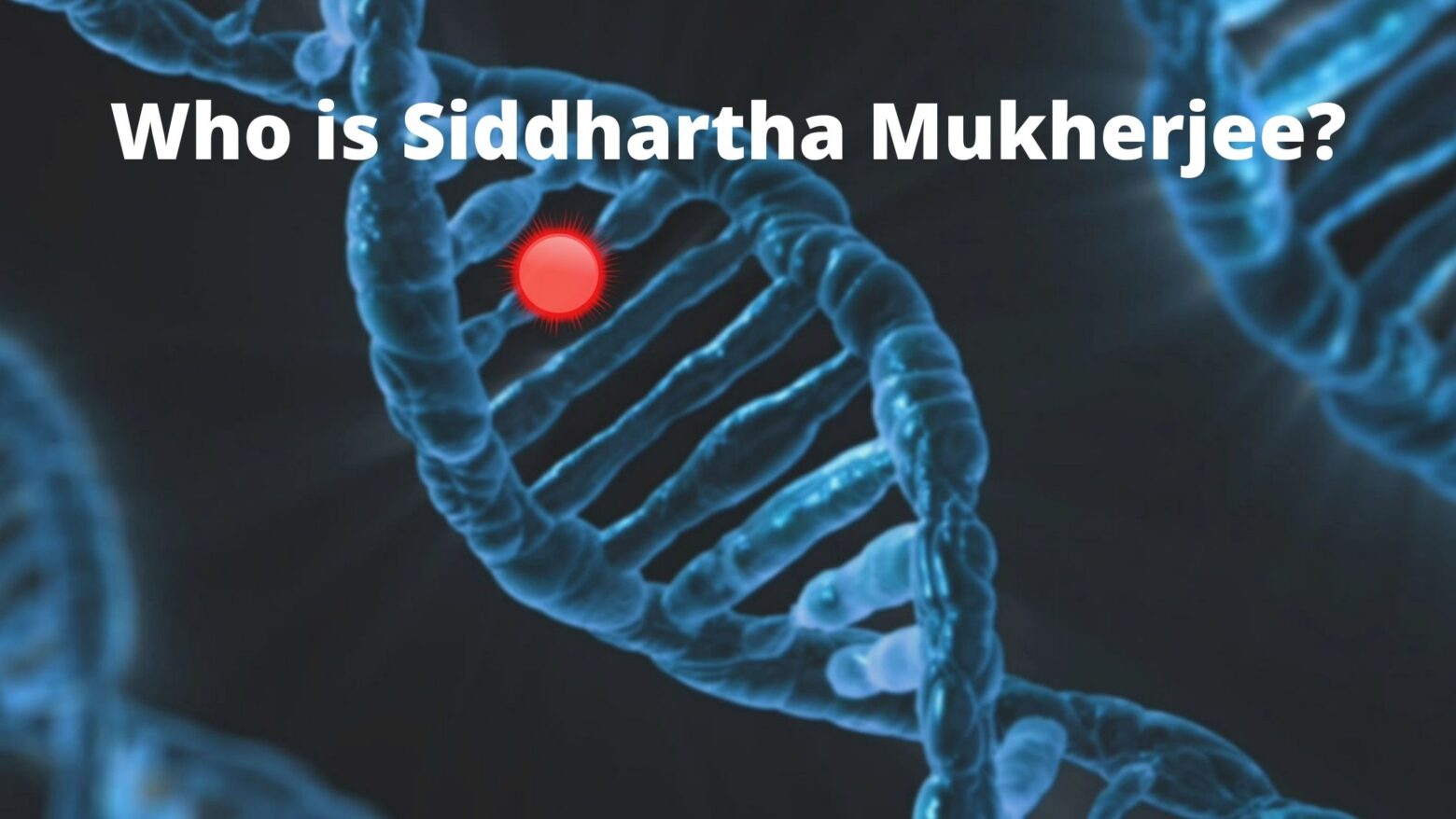About
Siddhartha Mukherjee’s latest book, The Emperor of All Maladies: A Biography of Cancer, won the Pulitzer Prize for general nonfiction in 2011, as well as The Laws of Medicine. He is the 2013 Best Science Writing editor.
Siddhartha Mukherjee’s latest book is THE GENE: An Intimate History, which tells the narrative of the effort to discover the master code of instructions that creates and defines us, dictates our shape, function, and fate, and decides our children’s future.
Works
Mukherjee is a cancer specialist and researcher who works as an assistant professor of medicine at Columbia University. He attended Stanford University, the University of Oxford, and Harvard Medical School as a Rhodes Scholar. He has published articles in Nature, The New England Journal of Medicine, The New York Times, and Cell. He and his wife and daughters live in New York.
Social Media
Siddhartha Mukherjee at Instagram
Siddhartha Mukherjee at Facebook
Siddhartha Mukherjee at Twitter
Read more about the Author here.
Inspiring Talks by Siddhartha Mukherjee
Interview
Notable quotes
- “History repeats, but science reverberates.”
- “The art of medicine is long, Hippocrates tells us, “and life is short; opportunity fleeting; the experiment perilous; judgment flawed.”
- “It remains an astonishing, disturbing fact that in America – a nation where nearly every new drug is subjected to rigorous scrutiny as a potential carcinogen, and even the bare hint of a substance’s link to cancer ignites a firestorm of public hysteria and media anxiety – one of the most potent and common carcinogens known to humans can be freely bought and sold at every corner store for a few dollars.”
- “Freaks become norms, and norms become extinct. Monster by monster, evolution advanced”
- “In God we trust. All others [must] have data. – Bernard Fisher”
- “Normalcy is the antithesis of evolution.”
- “Doctors are men who prescribe medicines of which they know little, to cure diseases of which they know less, in human beings of whom they know nothing.”
- “But the story of leukemia–the story of cancer–isn’t the story of doctors who struggle and survive, moving from one institution to another. It is the story of patients who struggle and survive, moving from one embankment of illness to another. Resilience, inventiveness, and survivorship–qualities often ascribed to great physicians–are reflected qualities, emanating first from those who struggle with illness and only then mirrored by those who treat them. If the history of medicine is told through the stories of doctors, it is because their contributions stand in place of the more substantive heroism of their patients.”
- “Cancer was not disorganized chromosomal chaos. It was organized chromosomal chaos”
- “Down to their innate molecular core, cancer cells are hyperactive, survival-endowed, scrappy, fecund, inventive copies of ourselves.”
